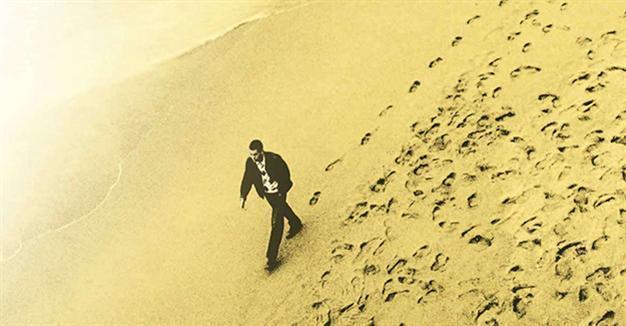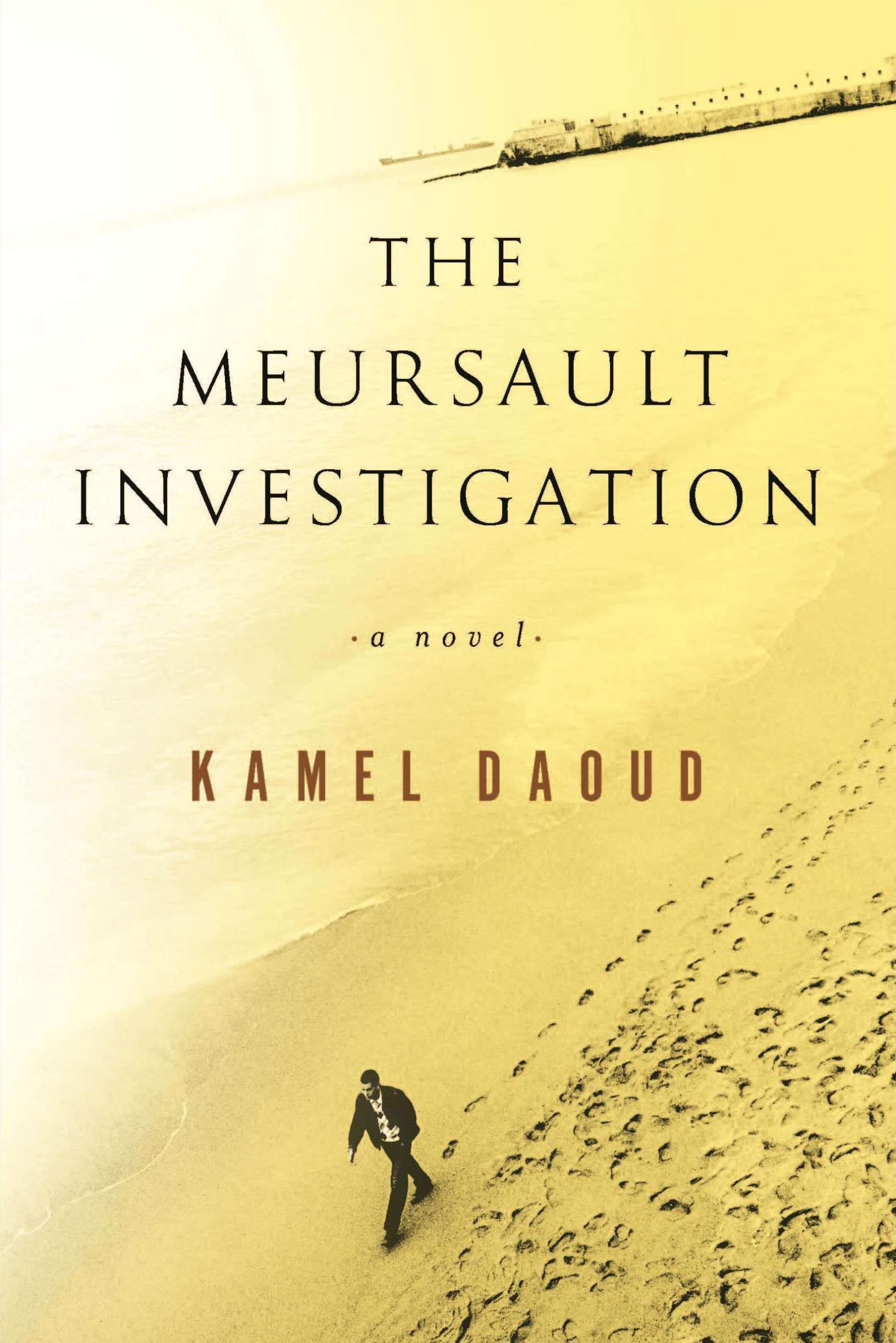‘The Meursault Investigation’ by Kamel Daoud
William Armstrong - william.armstrong@hdn.com.tr
 ‘The Meursault Investigation’ by Kamel Daoud (Other Press, 143 pages, $14.95)
‘The Meursault Investigation’ by Kamel Daoud (Other Press, 143 pages, $14.95)Kamel Daoud’s blistering “The Meursault Investigation” is based on an ingenious conceit: Its narrator, Harun, says he is the brother of the Arab shot dead at the beginning of Albert Camus’ classic 1942 novel “The Stranger.” Drinking with his unnamed interlocutor in a bar in the Algerian coastal town of Oran, Harun describes events leading to the death of his brother (given the name “Musa”) and his life after Musa’s death. The killer Meursault became a hero of mid-20th century existentialist literature, never tried for the murder but condemned after failing to cry at his mother’s funeral. The Arab he killed remained unnamed and forgotten, while Algeria was merely a convenient backdrop for an absurdist drama.
 “The Meursault Investigation” is a stinging reexamination of Camus’ great work. It is based on the idea that “The Stranger” was written by Meursault himself (which requires an imaginative leap, as in Camus’ book the narrator is sentenced to die at the end). “The original guy was such a good storyteller, he managed to make people forget his crime,” says Harun, “whereas the other one was a poor illiterate God created apparently for the sole purpose of taking a bullet and returning to dust - an anonymous person who didn’t even have the time to be given a name … My poor brother had no say.” The story we’re talking about, he says, “should be rewritten, in the same language, but from right to left.”
“The Meursault Investigation” is a stinging reexamination of Camus’ great work. It is based on the idea that “The Stranger” was written by Meursault himself (which requires an imaginative leap, as in Camus’ book the narrator is sentenced to die at the end). “The original guy was such a good storyteller, he managed to make people forget his crime,” says Harun, “whereas the other one was a poor illiterate God created apparently for the sole purpose of taking a bullet and returning to dust - an anonymous person who didn’t even have the time to be given a name … My poor brother had no say.” The story we’re talking about, he says, “should be rewritten, in the same language, but from right to left.” This premise makes “The Meursault Investigation” sound like a straightforward example of postcolonial “writing back.” But what gives it such punch is the way it enhances the original text, helping us to see it with new eyes. Daoud has been hammered for his embarrassing recent article in the New York Times about the “sexual misery of the Arab world” - a piece as crudely orientalist as anything in Camus’ “The Stranger.” But it would be a shame if one ill-advised op-ed overshadowed a far more impressive work like “The Meursault Investigation.”
Daoud draws parallels between Meursault and his own protagonist Harun. As the latter reflects at one point: “I was looking for traces of my brother in the book, and what I found there instead was my own reflection, I discovered I was practically the murderer’s double.” These parallels become sharper as the narrative unfolds. Unable to recover from bitterness and disorientation, Harun kills a Frenchman in a moment of angry, confusion-fueled revenge. But even this cannot allay his humiliating anonymity, and the authorities soon release him without explanation. “I wanted to be sentenced,” he complains,
I wanted to be relieved of the heavy shadow that was turning my life into darkness. There was even something unjust about their letting me go like that, without explaining whether I was a criminal, a murderer, a dead man, a victim, or simply an undisciplined moron. I found their casual attitude toward my crime almost insulting … Didn’t they see they were disqualifying my act, obliterating it, by treating it like that?
The murder of the Arab provided an aesthetic frame for Meursault’s story. Harun’s murder of a Frenchman only makes him feel the self-loathing rage of the neglected. “God, it was painful to find out we were idiots!” he says. “Did we feel ashamed of our stupidity?”
Like Meursault, Harun rejects the consolations of faith, but his anchorless, existential alienation clashes with a contemporary Algeria struck by rising religiosity and growing intolerance. “God wasn’t as alive and heavy in this country as he is today, and in my case, I’m not afraid of hell … I detest religions and submission,” he says. “Sometimes I long to list my impieties in detail. To bellow that I don’t pray, I don’t do my ablutions, I don’t fast, I will never go on any pilgrimage, and I drink wine … To cry out that I’m free, and that God is a question, not an answer, and that I want to meet him alone, at my death as at my birth.”
“The Meursault Investigation” received almost universal acclaim when it was published in French, earning Daoud the 2015 Prix Goncourt for best first novel. Some people have been less kind: Daoud was subject to fatwas in Algeria calling for his death over the book’s unflattering account of Islamism. V.S. Naipaul once described the fatwa against Salman Rushdie as “an extreme form of literary criticism,” and fatwas can often be good indicators of artistic merit. “The Meursault Investigation” is certainly a powerful novel that avoids any easy answers.
*Follow the Turkey Book Talk podcast via iTunes here, Stitcher here, Podbean here, or Facebook here.










